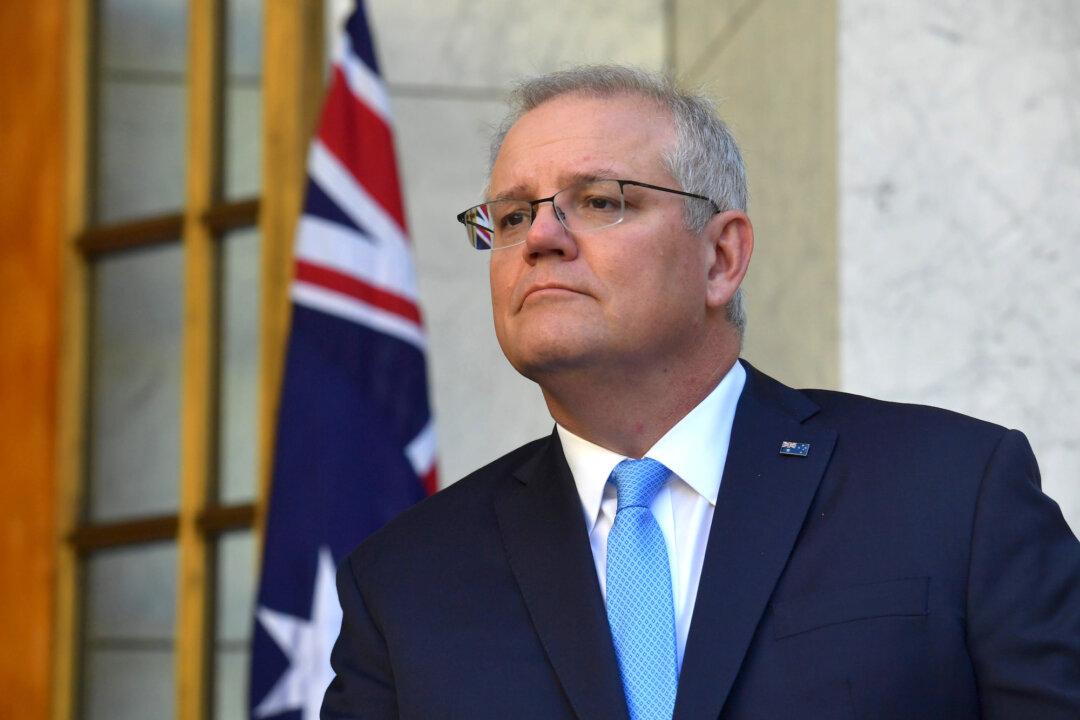The federal government announced that people returning to Australia would be required to test negative for COVID-19 pre-flight on Friday.
This comes as 80 percent of people looking to fly home from overseas are in countries that have been exposed to the UK strain of the CCP (Chinese Communist Party) virus (novel coronavirus).





